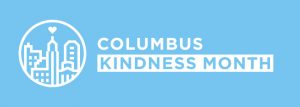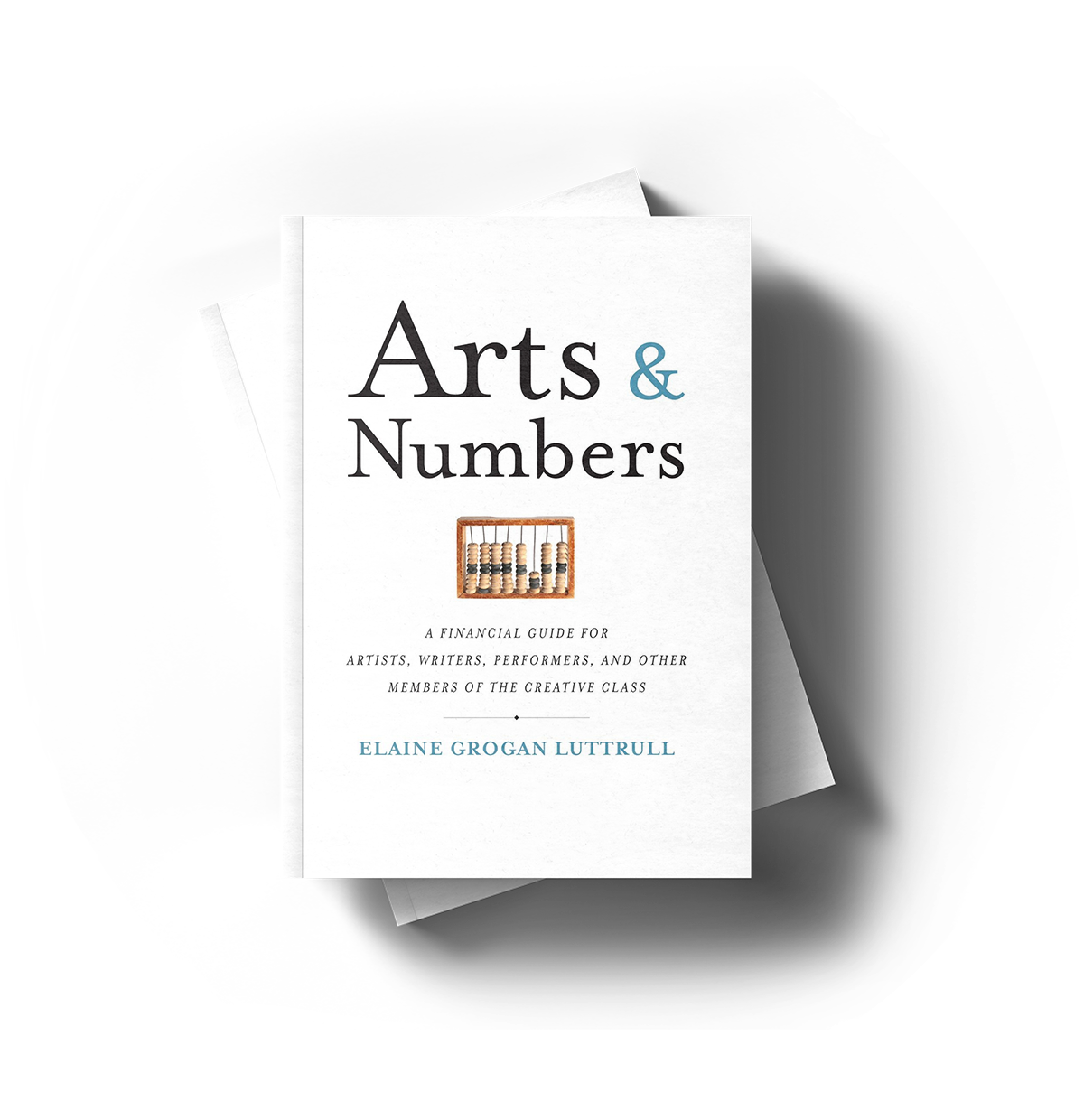February 24, 2017 • Musings

Sometimes it’s hard to think about being kind to money. We think of money as a powerful adversary, rather than a potential ally. We aim to conquer it, rater than support it. And we certainly aren’t kind to it. But what if we reframed our thinking? To close out Columbus Kindness Month, we wanted to share some tips to help you extend kindness to your money—and yourself—long after the month ends. (Huge thanks to Besa for the invitation to participate!)
Spend It Intentionally
Quick: Look at your credit card statement from last month. Does it accurately depict your values? What conclusions would a stranger draw about you? Odds are, your spending habits are an oversimplification of you as a person. But what if they were more?
Be kind to your money by spending it with intention in a way that reflects your values. Taken to an extreme, this idea sounds ridiculous. Paying your utility bill each month probably doesn’t reflect your values. But what if it did? What if it reflected your commitment to green energy or your commitment to economical use of electricity? Taken to an extreme, this still sounds ridiculous. After all, it is just a utility bill. But by adding a bit of intention to your spending routine, your perspective on money may change.
You can also spend with intention by choosing to do business with those that share your values. Find partners, companies, individuals, and institutions (like utility companies, financial institutions, grocers, service-providers, and clothing stores) that invest locally in the communities in which they operate. If you feel good about your partners, it will be easier to enjoy the accumulation of your cash.
Save It Safely
Speaking of intention, are you intentionally setting aside a bit of money—even a tiny bit—in an emergency fund? Life happens, often unexpectedly, and having a bit of savings on hand—separate and apart from your retirement savings—can help you navigate life’s unexpected turns when—not if—they happen. This emergency reserve fund takes pressure off of your monthly budget by buying you some breathing room to cope with life.
Once you’ve got some cash, take care of it. Store it in a safe place, in a checking account and a savings account with a financial institution you trust. Take advantage of built-in protections from the FDIC or the NCUA to ensure the balances that accumulate in your emergency reserve fund are protected, and review your statements regularly to spot any irregularities. The fraud protections in place by many financial institutions are strong, but they are no substitute for your general mindfulness around your accounts.
At some point, your emergency reserve fund will grow, and you may want to move some of it out of a checking or savings account and into an account with a higher yield, like an index funds or a more complicated financial instrument. Choose investments that reflect your values, and choose to work with institutions that share those values. Be kind to your savings so it—and you—can be a force for good.
Protect It Wisely
Protecting your savings is great… But what about everything else? Being kind to your money includes using it to insure against disasters, so make sure to include protections for yourself, your things, and those around you. Paying for protections affects your budget, so spend intentionally according to your own risk profile. Know your risks, and create a plan—probably including some insurance options—to mitigate those risks.
Retirement savings, health insurance, and life insurance protect yourself and those around you. Homeowner’s insurance, renter’s insurance, and car insurance protect your things. (Make sure to investigate insurance riders for special items that might not be covered under a standard policy.) Small business liability insurance protects your professional life—and your creative inventory—if you’ve built your own career.
The right combination of protection depends on your own risks, but developing a protection strategy is universally kind.
Earn It Ethically
So how do you get more money to spend intentionally, save safely, and protect wisely? You earn it, silly. There are plenty of opportunities to use your skills toward greater financial end, whether you work for one company or a variety of clients. But in all cases, you have the opportunity to earn money from ethical sources.
You are in control of the projects and jobs you accept, and your own reasons for accepting them. You are in control of the work you do on a daily basis. You are in control of the ethical commitment you make to earn your income. If you are proud of the work you do, regardless of the amount of zeros attached to that work, you will always be rich.
Give It Generously
There’s one more way to be kind to your money—and yourself—and it might be the most effective of all. Use it to better the world by supporting a cause that matters to you. Participate in your favorite local, national, or international cause by making a financial contribution. And by giving of your time.
Giving generously and sincerely feels incredible, whether the contribution is large, small, or somewhere in between. Aligning your resources with your priorities, both actively (through volunteering your time) and quietly (through contributing funds) will amplify the power of those resources and the fulfillment you derive from them.
Money doesn’t have to be the enemy. Earning funds ethically, spending them with intention, and using them to better the world and your own financial health align the power of money with your own satisfaction and goals. By reframing our own money narratives, we transform a financial adversary into an ally. And there’s nothing kinder than that.
Elaine Grogan Luttrull, CPA is the founder of Minerva Financial Arts, a company devoted building financial literacy in creative individuals through education and coaching. Elaine is also an assistant professor at the Columbus College of Art & Design, where she serves as the Department Head for Business & Entrepreneurship. She previously served as the Director of Financial Analysis for The Juilliard School and in the Transaction Advisory Services practice of Ernst & Young in New York. Her presentations have been featured locally and nationally by the DeVos Institute of Arts Management, Americans for the Arts, the Arts & Business Council of New York, the College Art Association, the Lark Play Development Center, Theatre Communications Group, the Juilliard School, the New England Conservatory of Music, the Ohio Art League, the Ohio Arts Council, and the Greater Columbus Arts Council. Elaine is the author of Arts & Numbers (Agate, B2 2013), and a regular contributor to Professional Artist magazine and the Clark Hulings Fund’s Perspectives series. She serves on the boards of the Center for Social Enterprise Development and the Short North Alliance.


